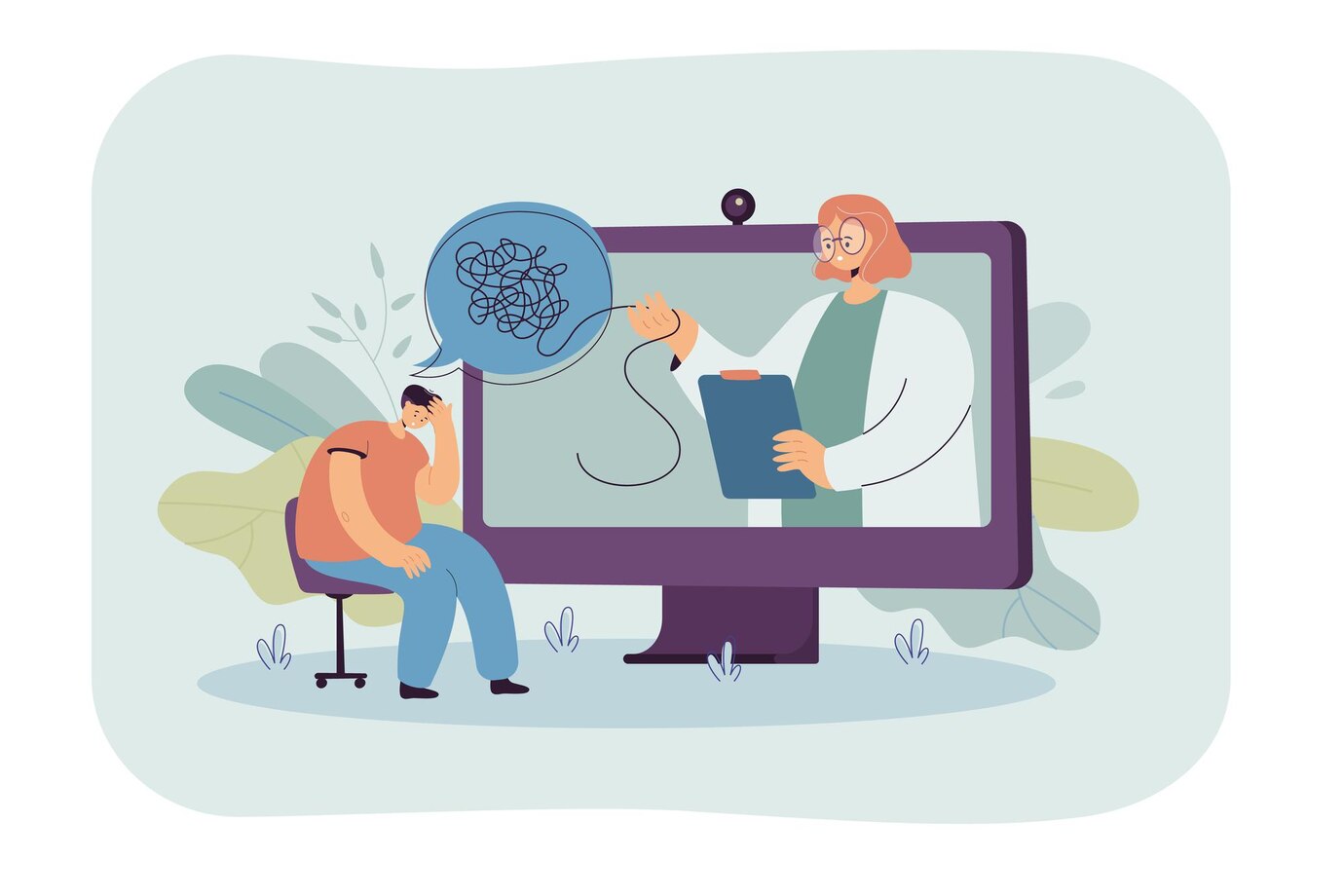
Alzheimer’s Disease Diagnosis: How is it Diagnosed and Evaluated?
Diagnosing Alzheimer’s Disease: A Simple Guide
Diagnosing Alzheimer’s disease involves a series of steps to understand a person’s symptoms, medical history, and cognitive abilities. Here’s a simple guide to how it’s done:
Medical History and Physical Examination
Doctors start by asking questions about symptoms and medical history. They also conduct physical exams to rule out other health conditions that could be contributing to cognitive decline. This step helps ensure that the diagnosis is as accurate as possible.
Cognitive and Memory Tests
A series of tests assess memory, problem-solving, attention, and language skills. These cognitive tests help determine if there are impairments consistent with Alzheimer’s disease. The tests can identify changes in cognitive abilities and provide insight into the extent of the disease.
Brain Imaging
Imaging tests like MRI or CT scans can reveal brain changes associated with Alzheimer’s, such as shrinkage in certain areas. These images help confirm the diagnosis and rule out other conditions that may present with similar symptoms. Brain imaging is crucial for visualizing physical changes that are characteristic of Alzheimer’s disease.
Blood Tests
Blood tests may be done to rule out other possible causes of symptoms, such as thyroid disorders or vitamin deficiencies. These tests help exclude conditions that could mimic Alzheimer’s, ensuring a more accurate diagnosis. Blood tests can also check for markers that are associated with neurological disorders.
Evaluation by Specialists
Neurologists or geriatricians may be involved in the diagnosis process, especially in cases where the diagnosis is unclear or complex. These specialists have the expertise to identify the subtle signs of Alzheimer’s disease and differentiate it from other conditions with similar symptoms.
Cognitive Tests
Cognitive tests are commonly used to assess memory, language skills, problem-solving abilities, and other cognitive functions. These tests help determine the extent of cognitive impairment and whether it is consistent with Alzheimer’s disease. They provide valuable insights into the progression of the condition.
Brain Imaging
Imaging tests such as magnetic resonance imaging (MRI) or computed tomography (CT) scans may be ordered to look for changes in the brain. These scans can show the presence of beta-amyloid plaques and neurofibrillary tangles, which are characteristic of Alzheimer’s disease. Brain imaging also helps rule out other causes of cognitive decline.
Laboratory Tests
Blood tests may be performed to rule out other medical conditions that could be causing or contributing to the symptoms. These tests can help identify issues such as thyroid problems, vitamin deficiencies, or infections that may mimic Alzheimer’s disease. Laboratory tests can also detect biomarkers associated with Alzheimer’s.
Conclusion
Diagnosing Alzheimer’s disease involves a comprehensive assessment of symptoms, medical history, and cognitive abilities. Early diagnosis allows for better management of symptoms and access to support services. By understanding the diagnostic process, individuals can seek early intervention and improve the quality of life for those affected by the disease.
To seek medical advice, always consult a Doctor. Here are our recommended experts. Click here
To read more on Neurological Disorders. Click Here


